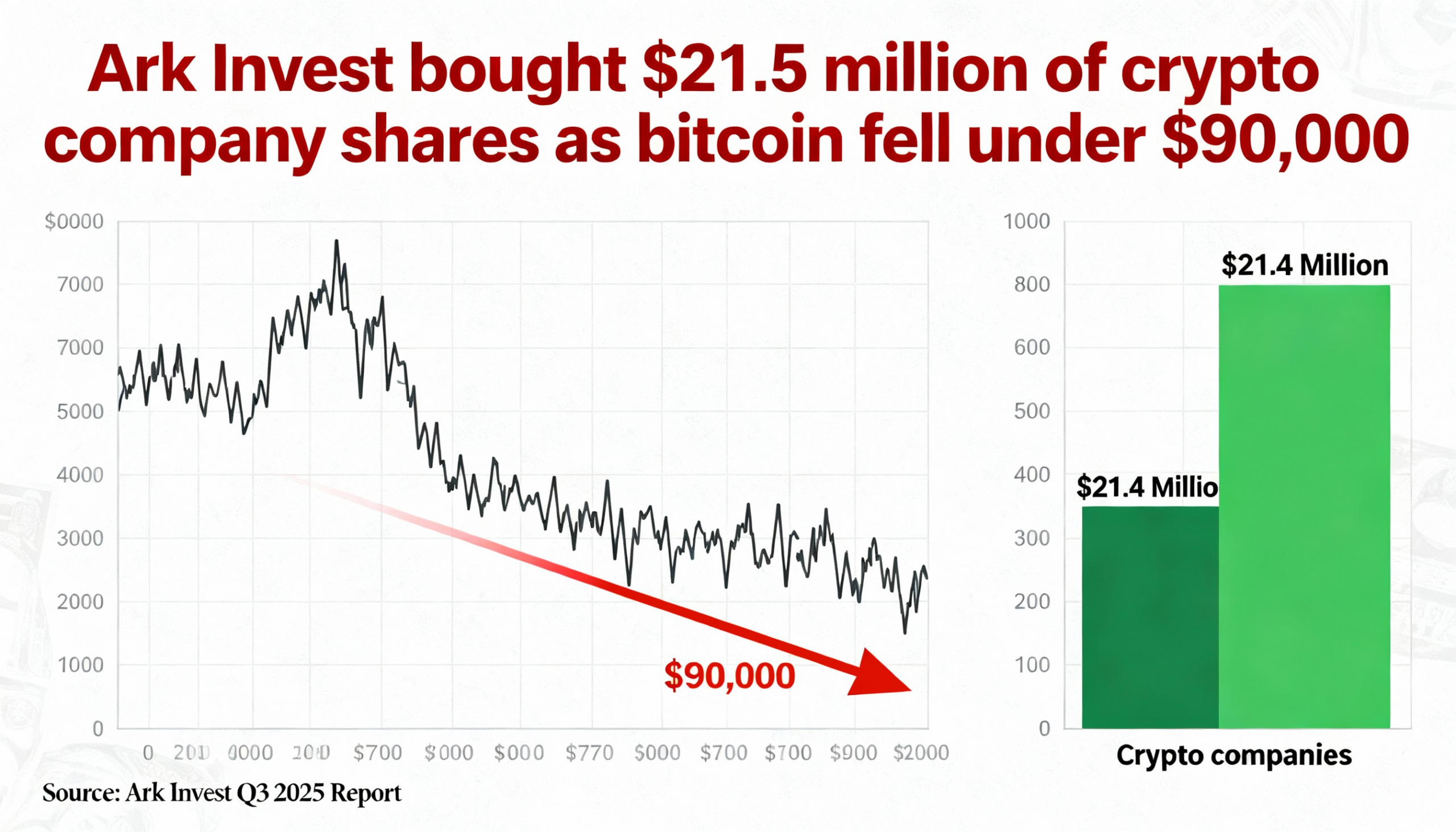Solana Developers Propose 66% Block Compute Capacity Increase Amid Rising Network Demand
A new developer proposal, SIMD-0286, aims to significantly expand Solana’s on-chain throughput by raising the per-block compute unit (CU) limit from 60 million to 100 million, marking a 66% increase in block capacity.
The move comes as demand for block space surges on Solana — now one of the most heavily used blockchain networks — with growing pressure from high-performance apps such as decentralized exchanges, MEV infrastructure, and emerging restaking protocols.
“The main purpose of block limits is to ensure the network remains accessible to the majority of participants by controlling the workload per block,” the proposal explains. “However, current traffic isn’t meaningfully constrained by execution time, making a compute limit increase both safe and necessary.”
Solana currently processes blocks every 400 milliseconds, with tightly enforced caps on compute usage per block. Earlier this month, the network implemented SIMD-0256, lifting the compute ceiling from 50 million to 60 million CUs. But continued developer activity has already pushed demand beyond that threshold.
The new proposal would allow validators to opt in to the higher compute limit through a future software upgrade, which would activate in a later epoch once adopted by enough participants.
Importantly, only the Max Block Units limit would increase, leaving other parameters such as Max Writable Account Units unchanged. This ensures the added capacity primarily supports parallel, non-vote transactions — like NFT mints or DeFi trades — without adding stress to individual account operations.
If adopted, the proposal would give Solana more room to scale without compromising validator performance, reinforcing its reputation as a high-speed, developer-friendly smart contract platform.





